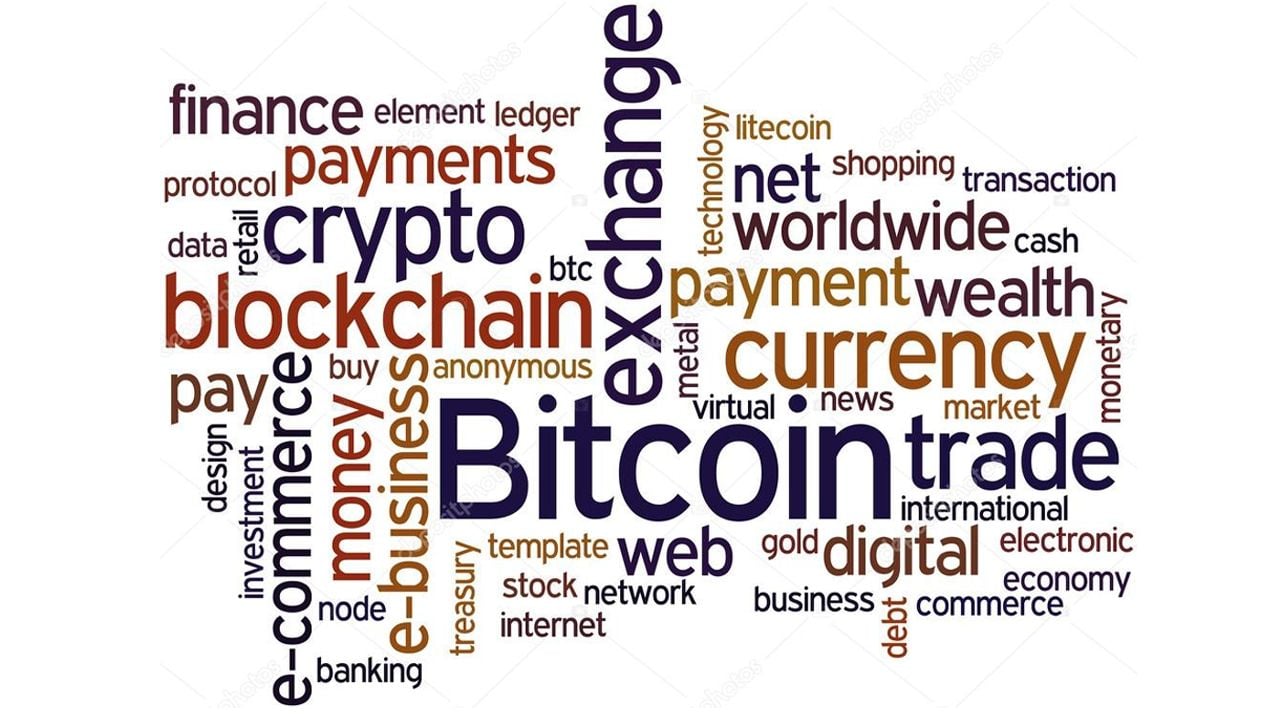As France stands at a pivotal juncture in its political history, the question that looms large is: what does the future hold for its economy? With Emmanuel Macron’s influence waning, the political landscape of France is undergoing a seismic shift, one that could have profound implications for its economic health.
The once-sturdy ground under President Macron’s feet seems to be crumbling. The man who once symbolized a new wave of centrist politics is now grappling with a restless nation, where discontent simmers just beneath the surface. His decline in influence is more than just a political fable; it’s a harbinger of potential economic tumult.
The Macron Era: A Mixed Bag of Reforms
Macron’s tenure has been marked by an ambitious agenda to revitalize France’s economy. His efforts to inject dynamism into the market, tackle unemployment, and lure foreign investment have been laudable, if not universally successful. Yet, the road to economic reform is fraught with challenges, often entangled in the web of public sentiment and political opposition.
His reforms, while groundbreaking in some aspects, have also sparked controversy and discontent. The balancing act between maintaining fiscal responsibility and stimulating growth has been a tightrope walk for Macron. Now, with his grip on power loosening, the future of these reforms hangs in the balance.
A Tug of War: Political Dynamics and Economic Policies
As the political tides turn, the question is: how will France’s economic policy evolve? The incoming political forces, potentially more populist and less centrist than Macron’s, might overturn or stall the progress he has made. Such a shift could send ripples through the markets, unsettling investors and shaking consumer confidence.
The debate is not just about the nature of reforms but also about their pace and direction. Will the new leadership continue Macron’s pro-business stance, or will it veer towards a more protectionist, inward-looking approach? These are questions that keep economists and market analysts up at night.
As France navigates these choppy political waters, the future of its economy remains uncertain. The challenges are manifold – from sustaining growth and competitiveness in a global market to addressing social inequities and environmental concerns.
The key will be to strike a balance: to innovate and grow while ensuring social cohesion and stability. It’s a tall order, and one that requires not just economic acumen but also political sagacity. The road ahead for France’s economy is as much about numbers and policies as it is about the vision and resolve of its leaders.
In conclusion, the decline of Macron’s influence opens up a new chapter in France’s political and economic narrative. It’s a story still being written, full of twists and turns, hopes and apprehensions. As the nation stands at this crossroads, the world watches with bated breath, wondering what the next page will bring for France and its economy.





